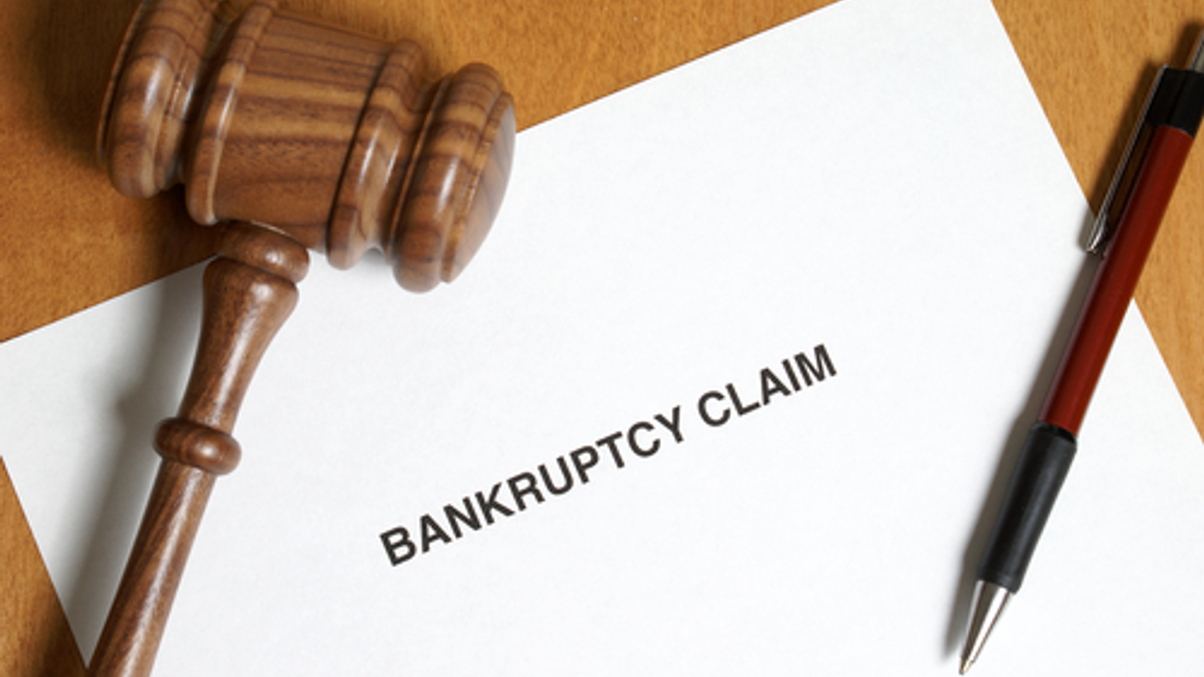Valuation, due diligence concerns crimp distressed deals
Distressed investors are looking to strike more deals as Covid-19 is better understood, especially in China. But due diligence difficulties could restrict such deals to big investors.

Distressed asset specialists are increasingly looking to pick up companies or their debts at discounted valuations amid the ongoing Covid-19 pandemic. China is particularly drawing their attention, with its economy having broadly exited lockdown measures to combat the virus.
Sign in to read on!
Registered users get 2 free articles in 30 days.
Subscribers have full unlimited access to AsianInvestor
Not signed up? New users get 2 free articles per month, plus a 7-day unlimited free trial.
¬ Haymarket Media Limited. All rights reserved.


